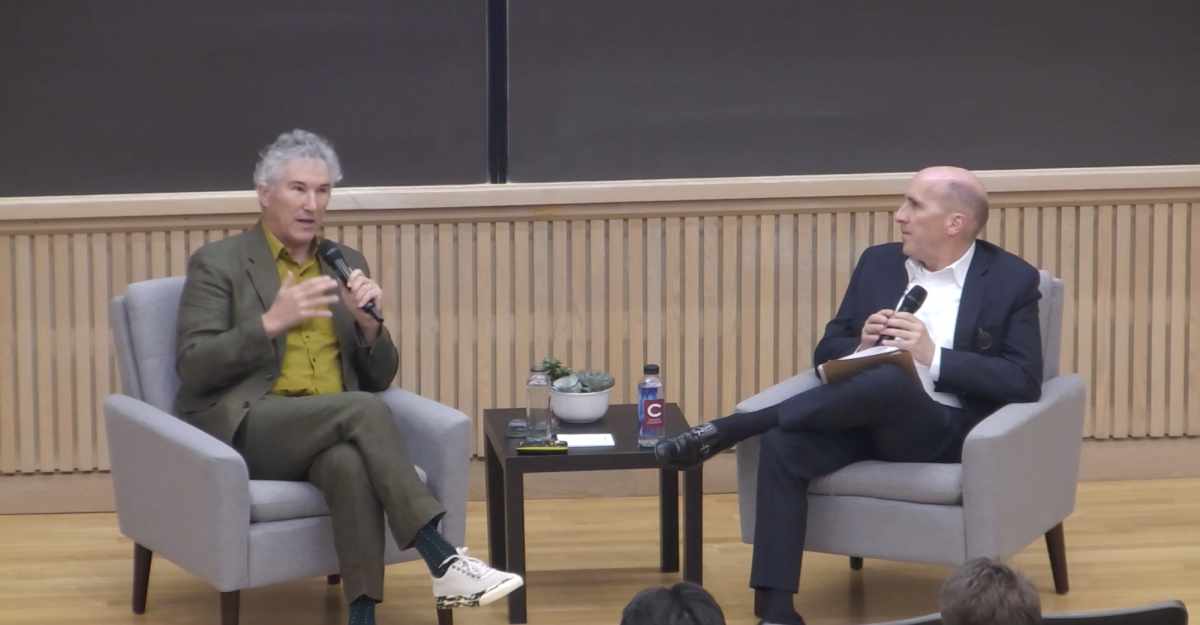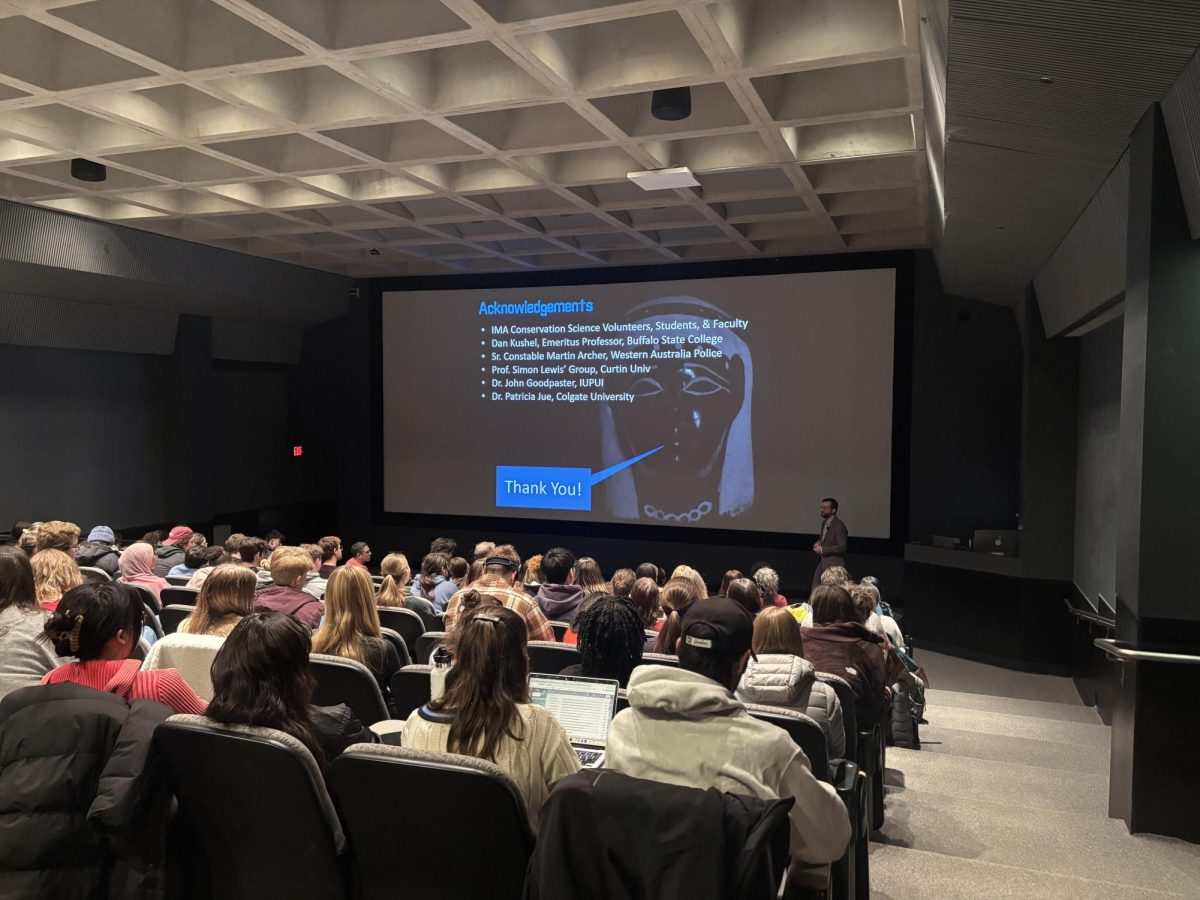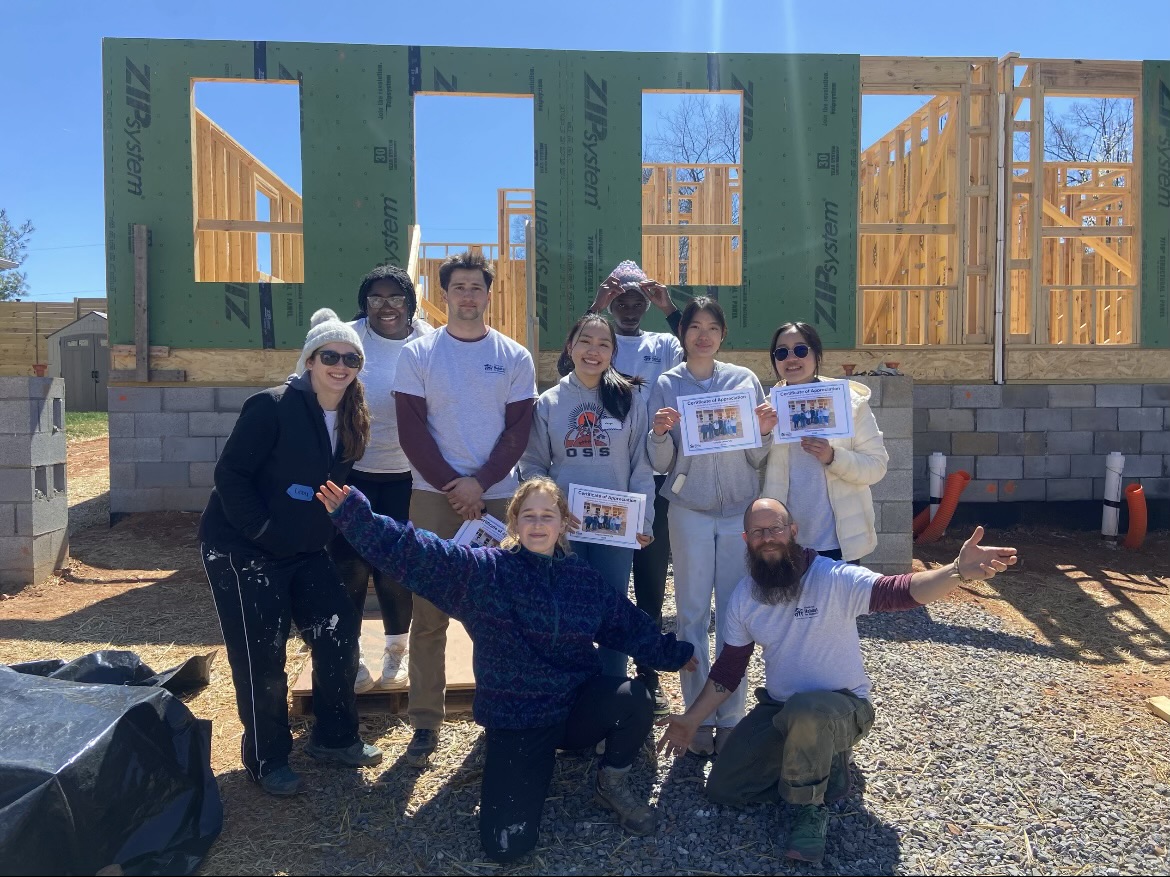Colgate University’s Center for Women’s Studies hosted the Workers’ Center of Central New York (WCCNY) for their weekly Brown Bag series on Tuesday, Nov. 12.
WCCNY Executive Director Jessica Maxwell explained the purpose of the community-based membership organization, which works to improve economic and working conditions for low-wage sectors in Central New York, empowering members through leadership development, organizer training and labor rights education.
Maxwell organized her presentation in the context of undocumented immigrants in the United States.
“In particular, in central New York and north of upstate, immigrant workers are typically more vulnerable to isolation due to language barriers, immigration and enormous economic pressures,” Maxwell said. “You risk all you sacrificed to get here daily. You gamble, and sometimes you lose in the short term. Success in the long term is a hard thing to hold out for.”
Aided by statistics from the non-profit National Immigration Forum and the New York Times, Maxwell emphasized the necessity of these agricultural workers: 70% of farmers are undocumented — 90% in the dairy industry alone — contributing to over nine billion dollars in profit annually.
“Over the pandemic, lots of our workers got letters granting them to be an essential worker, but not to be in this country,” Maxwell said. “The irony is not lost on the workers who got those letters.”
Attendees heard from Maira, an undocumented worker within the organization who only used her first name during the presentation. She was assisted in translation by a Colgate student. Maira described the challenging working conditions she endures as a low-wage farmworker, which is the third most dangerous job in the U.S. She then spoke on her experience specifically as a female worker and the overt discrimination and harassment she faces.
Sophomore Jay Adolphe found the Brown Bag to be an invaluable education opportunity.
“The Brown Bag was an incredible opportunity to learn more about immigrant workers and their continuous fight for equitable housing, work conditions and pay,” Adolphe reflected. “Before the Brown Bag I was unfamiliar with the extreme conditions, but after listening to [Maxwell] and Maira, I was able to get a better grasp on the conditions.”
Farmers, rarely included in labor rights legislation, are empowered through WCCNY. Most recently, the organization has made significant progress in advocating for the newly enacted New York HERO Act.
Emily Socha, program coordinator for the Center for Women’s Studies, reflected on Maira’s story.
“As a New York transplant, similar to many on campus, it was incredibly thought-provoking to hear about the issues occurring within our backyard,” Socha said. “I hope this discussion pushes audience members to critically analyze their own beliefs and misconceptions about immigration and recognize the human cost of the foods we consume.”















